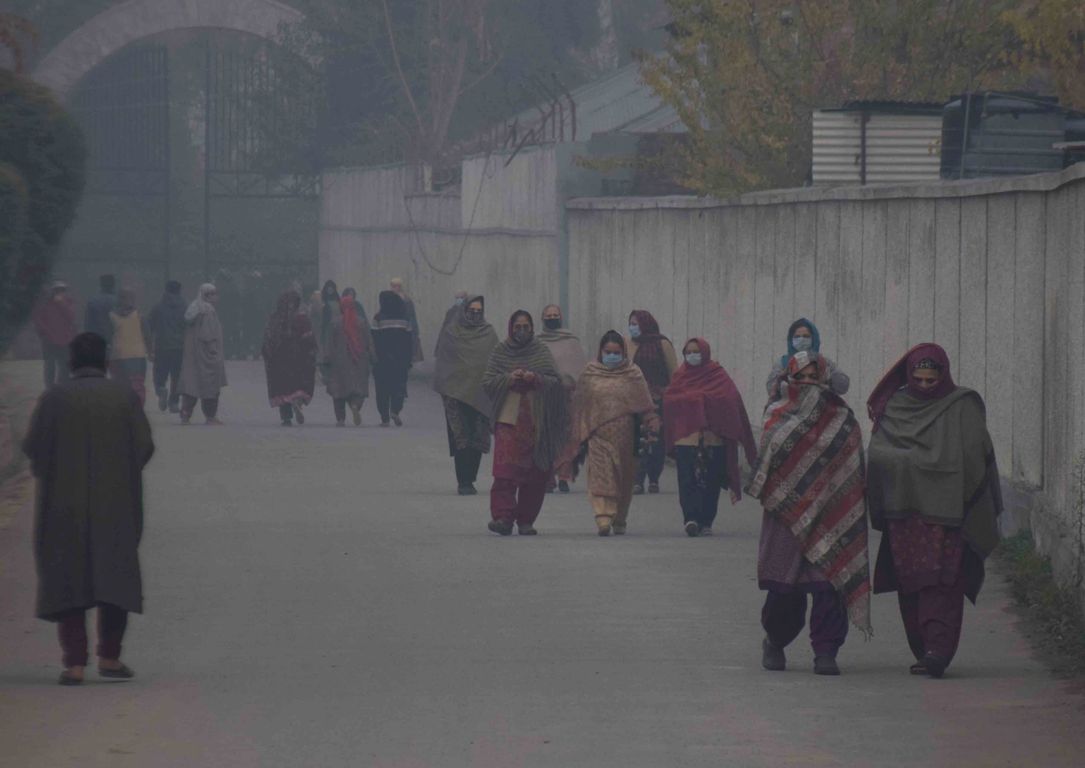SRINAGAR: The summer capital ‘Srinagar’ would soon have a splendid Cherry Theme Garden on the pattern of Japanese Sakura with all the modalities being finalized in this regard.
This was revealed during a virtual meeting of officers of the Floriculture Department with the Japanese authorities and the Union Ministry of External Affairs.
The conference was mediated by Professor A K Chawla, Adviser (Japan) East Asia Division MEA. The meeting included in-depth discussion of a number of project-related problems, including the purchase of planting material from Japan and technical assistance.
“Cherry Theme Garden” is a Rs 10 crore project, an extension plan for Srinagar’s Tulip Garden to make it more attractive and magnificent for visitors. The Ministry of Foreign Affairs, Government of India, is facilitating the project.
While highlighting the broad contours of the project, Commissioner Secretary Floriculture, Sheikh Fayaz Ahmad, said that there will be a requirement of about 2500 cherry trees in the first instance and certain varieties have been identified that will suit our place. He said that the department will preferably be importing plants in a phased manner to ascertain the behavior of the plants and later go for expansion.
He also informed that a 3-member team of officers will visit Japan to get a first-hand experience of the plants and will make sure the best plant material is exported for the Cherry Theme Garden in Srinagar.
Commissioner Secretary added that Jammu and Kashmir have huge potential for floriculture activities with modern farming technologies as a game changer for J&K’s economy.
President Sakai International Interchange Association, Tadashi Nishiyama (Japanese Sakura Expert) while answering various queries, suggested that the government of Jammu and Kashmir should send them a variety-wise total number of plant materials required for the proposed garden. He also assured to provide all possible technical help in this regard.















